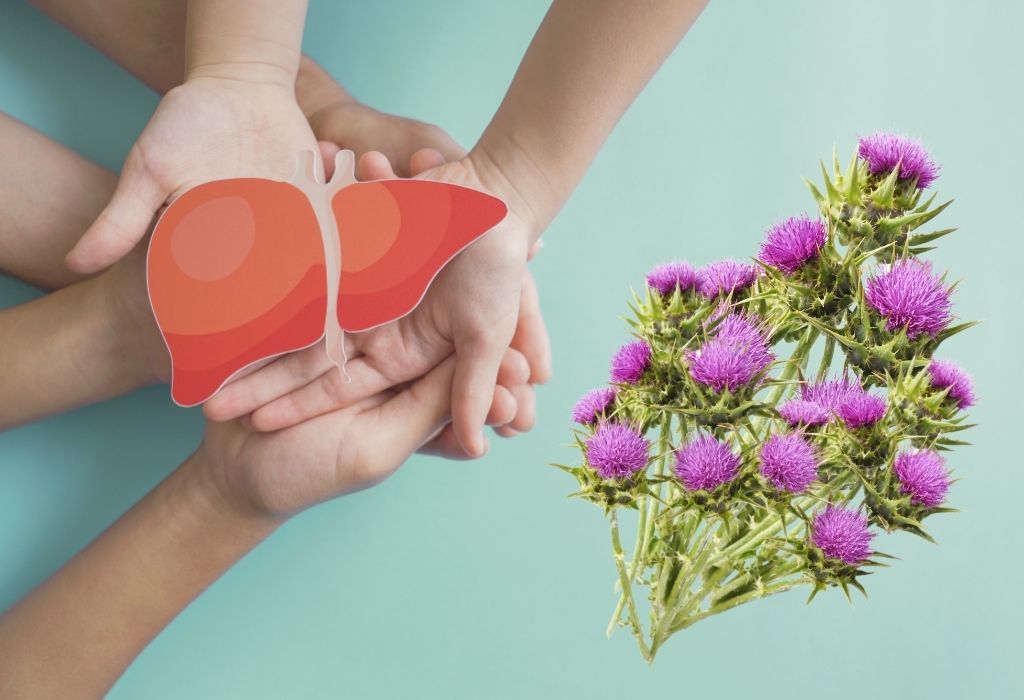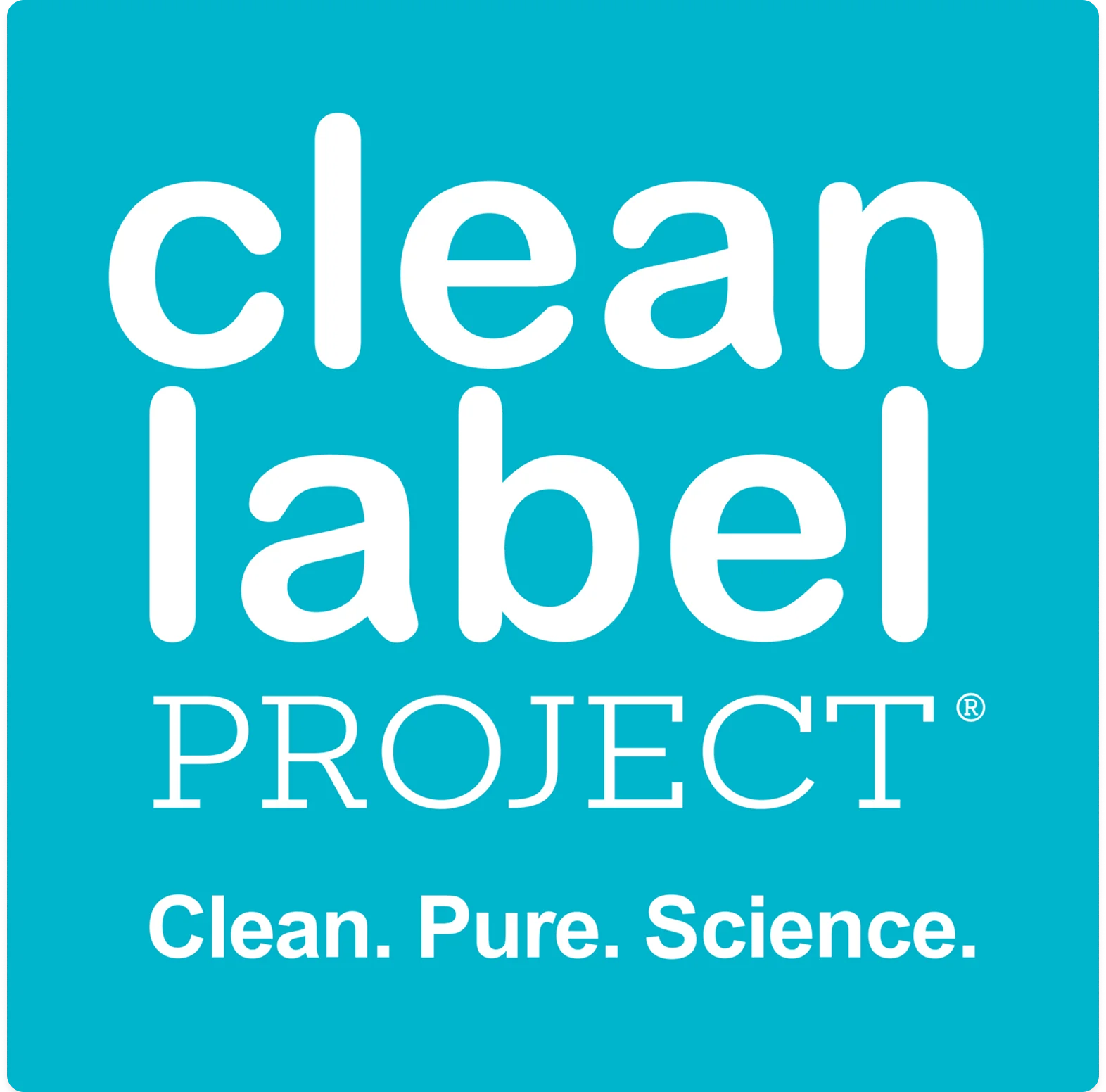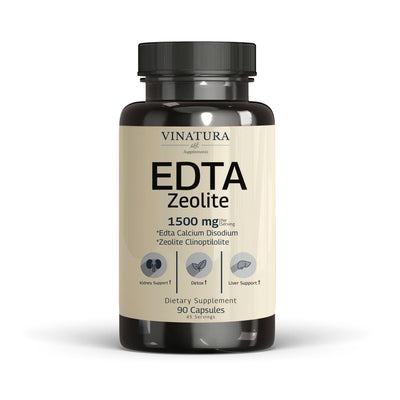
Does Milk Thistle Detox the Liver?
Currently, liver health is an issue that many people are concerned about. One of the popular ways to enhance liver health is to use natural herbs, the most prominent of which is milk thistle. Many people wonder if milk thistle helps detoxify the liver. This article will provide an overview of the effects of milk thistle on liver health and answer the question: Does Milk Thistle Detox the Liver?
Before exploring further, please read the disclaimer located at the end of this webpage.
Key Takeaways
- Milk thistle (Silybum Marianum) is a native herb, and the main ingredient in milk thistle is Silymarin, a compound with potent biological activity.
- Milk thistle does not directly detoxify the liver. However, it indirectly supports the liver detoxification process by enhancing antioxidant capacity, reducing inflammation, regenerating liver cells, and supporting the treatment of cirrhosis.
- The recommended safe dose of milk thistle for the average person is about 400-600 mg daily, divided into 2-3 doses.
- Please note that milk thistle is not a medicine and does not replace medicine.
What is Milk Thistle?

Milk thistle has the scientific name Silybum Marianum. It is named after the milky white veins of the leaves, just like the milk of the Virgin Marina. Therefore, it is also known as Mary Thistle or Holy Thistle.
This flowering plant originates from the Mediterranean region and is found in most countries: America, Africa, Asia, and today. They have been used over 2000 years as a natural remedy for liver-related diseases [1].
The main active ingredient contained in milk thistle is Sylimarin. The flavonoid complex is known for its antioxidant, anti-inflammatory, and hepatoprotective properties [2].
You may also read: Is Milk Thistle Good For Gallbladder?
Does Milk Thistle Detox the Liver?
Milk thistle does not directly detoxify the liver. Because the liver has its detoxification mechanism, eliminating its own toxins.
Milk thistle's effect is to protect and enhance liver health through Silymarin indirectly. The active ingredient, Silymarin, has antioxidant properties, reduces inflammation, and helps protect liver cells from damage caused by free radicals.
Besides, the anti-inflammatory effect of Silymarin stimulates the growth of new liver cells, reducing the risk of hepatitis in humans [3].
Milk Thistle for Liver Detox: The Scientific Evidence
As mentioned above, Milk Thistle cannot detoxify the liver. Because the liver has its mechanism to eliminate toxins. Even so, Milk Thistle is said to support liver health in several ways:
Antioxidant Properties
Based on previously conducted research, the compound Silymarin has high antioxidant properties, keeping toxins in the blood from sticking to liver cells and indirectly contributing to liver detoxification.
In addition, Silymarin found in milk thistle also helps neutralize free radicals, which are unstable molecules that originate from byproducts of the body's metabolism and can be harmful to the body—healthy cells [4].
Anti-inflammatory Effect
Medical research on milk thistle and liver health shows that Silymarin has anti-inflammatory properties and promotes liver cell repair. By reducing inflammation, milk thistle creates a healthy environment for healthy liver cells to grow [5].
Protect Liver Cells
Based on research conducted in 2002 related to Silymarin and liver health, it was found that this active ingredient protects liver cells and enhances liver function [6].
Besides, it is also helpful in stimulating the growth of new liver cells and preventing lipid peroxidation. From there, it reduces liver enzyme levels in the blood, improving signs and symptoms of liver-related diseases.
Liver Cell Regeneration
Studies show that Silymarin can stimulate the growth of new liver cells, which is essential for repairing and restoring damaged liver tissue. This regenerative property can help improve liver function and overall health [6].
Studies have shown that Milk Thistle may be beneficial for supporting liver health. However, it should not be considered a stand-alone treatment for liver diseases. So, consult a healthcare professional before starting to supplement with Milk Thistle extracts.
How Does Milk Thistle Benefit for Specific Liver Conditions?

Cirrhosis
Cirrhosis is the final progression of liver damage. Although it cannot be used to support cirrhosis completely, milk thistle has the ability to slow the progression of cirrhosis by reducing inflammation and antioxidants in the liver.
Thanks to the antioxidant properties of Silymarin, it helps protect liver cells from the spread of harmful cells, reducing chronic inflammation related to cirrhosis. Silymarin also contributes to promoting liver cell regeneration, supporting the repair of damaged liver tissue [4].
Hepatitis
Hepatitis is often caused by a viral infection that causes significant loss of liver function. Although it is effective in treating diseases related to liver conditions such as cirrhosis, alcoholic and non-alcoholic fatty liver disease, liver cancer, etc., up to now, there has been no research to prove its effectiveness in Anti-hepatitis effects of milk thistle.
One study found that people with hepatitis did not benefit from changes in viral load or quality of life even when taking higher-than-normal doses of Silymarin [7].
Non-alcoholic fatty liver disease
According to research by Ludovico Abenavoli and colleagues, milk thistle protects liver cells from fatty infiltration by enhancing the liver's ability to process and eliminate excess fat [8].
In addition to this effect of milk thistle, Trappoliere M and colleagues have also shown positive results that milk thistle can improve insulin sensitivity and lipid metabolism, preventing the destruction of liver cells. , one of the causes of non-alcoholic fatty liver disease [9].
Learn more: Is Milk Thistle Good For Kidneys?
Alcoholic-related liver disease (ARLD)
Alcohol-related liver disease (ARLD) is caused by patients drinking too much alcohol, leading to damage to liver cells. As analyzed above, milk thistle is effective in stimulating the growth of new liver cells, contributing to the restoration of liver function in people with ARLD. However, improving this situation will take much time [6].
Liver cancer
Research into the effects of milk thistle, as well as Silymarin, on liver cancer, is still in its early stages. However, some small studies also suggest that Silymarin may have anti-cancer properties or protect the liver from cancer cells. In the future, further research may be conducted on Silymarin's ability to inhibit cancer cell growth.
What are Milk Thistle Liver Detox Symptoms?
Digestive Problems
Symptoms associated with the liver detoxifying activity of milk thistle are usually mild and may vary depending on the individual. One of these symptoms is digestive problems, including bloating or swelling in the abdomen, increased intestinal gas causing discomfort, belching, diarrhea, nausea, etc.
Allergic Reaction
Although rare, milk thistle cannot be ruled out as causing allergic reactions in humans. These symptoms can include rash, persistent itching on the skin, swelling of the face, lips, tongue, or throat, etc. This condition can be severe if not detected and improved promptly.
Headache, Joint Pain
Headache or joint pain is also one of the symptoms of liver detoxification. This happens due to changes in liver function. If you discover these symptoms are worsening, contact a medical professional immediately for timely treatment.
How to Take Milk Thistle for Liver Detox?
Milk Thistle comes in many different forms, making it convenient for people to use daily. The most popular forms of Milk Thistle are supplements and teas, each with its preparation method, dosage, and benefits.
Supplements
Milk thistle extracts in supplement form are commonly found in capsules, tablets, and liquid extracts. These supplements are standardized to contain a specific amount of Silymarin. Specific dosage ranges from 400 to 600 mg daily, divided into 2 to 3 doses.
Milk Thistle Tea

Soak a spoonful of milk thistle roots, stems, or leaves in hot water for 10-15 minutes. Strain and enjoy up to 3 cups a day to help support overall liver health.
Combine with Other Substances/Herbs
Milk thistle can be combined with other substances or herbs to enhance the liver effectively:
TUDCA (Taurorsodeoxycholic Acid): This acid supports liver health by reducing stress on the liver. Combining milk thistle with TUDCA helps enhance liver protection.
Dandelion: Known for its diuretic properties, dandelion can aid in liver detoxification by increasing urine output and aiding in the removal of toxins from the liver.
Turmeric: With its potent antioxidant properties, turmeric can complement the effects of milk thistle in supporting liver health.
How Much Milk Thistle to Detox the Liver?
What dosage should milk thistle be used to support liver detoxification? Milk thistle is considered safe for the vast majority of patients, even for pregnant or breastfeeding women. The safe amount to use milk thistle extracts is from 400 to 600 mg per day.
Important note: It is best to consult a medical professional before taking any supplement, including milk thistle. Especially if you have an underlying health condition or are taking other medications.
Conclusion
The above article answers the question: Does milk thistle detoxify the liver? Although milk thistle cannot detoxify the liver. Its anti-inflammatory and antioxidant properties can support the liver's natural detoxification process. Above all, a great way to detoxify the liver is to have a healthy lifestyle and a balanced diet. If you are considering taking milk thistle, consult a specialist to determine the appropriate dosage and ensure it does not cause a reaction with any other medications.
References
- [1] Rainone, F. (2005). Milk Thistle. American Family Physician, 72(7), 1285–1292. https://www.aafp.org/pubs/afp/issues/2005/1001/p1285.html
- [2] Mohammadi, S., Ashtary-Larky, D., Asbaghi, O., Farrokhi, V., Jadidi, Y., Mofidi, F., Mohammadian, M., & Afrisham, R. (2024). Effects of silymarin supplementation on liver and kidney functions: A systematic review and dose-response meta-analysis. Phytotherapy Research: PTR, 38(5), 2572–2593. https://doi.org/10.1002/ptr.8173
- [3] Ernesto Calderon Martinez, Herrera, D., Mogan, S., Hameed, Z., Ayesha Altaf Jangda, Khan, T. J., Palvi Mroke, Sajid, S., Shah, Y. R., & Baig, I. (2023). Impact of Silymarin Supplements on Liver Enzyme Levels: A Systematic Review. Curēus. https://doi.org/10.7759/cureus.47608
- [4] Flora, K., Hahn, M., Rosen, H., & Benner, K. (1998). Milk Thistle (Silybum marianum) for the Therapy of Liver Disease. American Journal of Gastroenterology, 93(2), 139–143. https://doi.org/10.1111/j.1572-0241.1998.00139.x
- [5] ABENAVOLI L. (2024). Scientific Information Database. www.sid.ir. https://www.sid.ir/paper/306371/en
- [6] Jacobs, B. P., Dennehy, C., Ramirez, G., Sapp, J., & Lawrence, V. A. (2002). Milk thistle for the treatment of liver disease. The American Journal of Medicine, 113(6), 506–515. https://doi.org/10.1016/s0002-9343(02)01244-5
- [7] Hackett, E. S., Twedt, D. C., & Gustafson, D. L. (2012). Milk Thistle and Its Derivative Compounds: A Review of Opportunities for Treatment of Liver Disease. Journal of Veterinary Internal Medicine, 27(1), 10–16. https://doi.org/10.1111/jvim.12002
- [8] Abenavoli, L., & Bellentani, S. (2013). Milk thistle to treat non-alcoholic fatty liver disease: dream or reality? Expert Review of Gastroenterology & Hepatology, 7(8), 677–679. https://doi.org/10.1586/17474124.2013.842893
- [9] Loguercio C, Federico A, Trappoliere M et al. The effect of a silybin-vitamin e-phospholipid complex on nonalcoholic fatty liver disease: a pilot study. Dig. Dis. Sci. 52(9), 2387–2395 (2007)
Author

Product Disclaimer
Including an ingredient or study does not evaluate, endorse, or recommend any Vinatura product or any third-party product. Some ingredients discussed may not be used in any Vinatura product.
The content of the articles has not been evaluated by the Food and Drug Administration (FDA) and is not intended to promote or endorse any specific product. Any products sold on this website are not intended to diagnose, treat, cure, or prevent any disease.
Opinions and Endorsements
Any claims, statements, or opinions expressed in the articles are those of the author(s) and do not necessarily reflect the views or opinions of the manufacturers of the dietary supplement products. The products sold on this website are separate from the content of the articles and are not directly endorsed or associated with the information presented here.
Liability Disclaimer
The author(s) of the articles, website, and manufacturers of the dietary supplement products do not assume any liability for any potential consequences arising from the use of the information provided in the articles. Ingredient effects, dosages, and safety vary by individual, formulation, and context; some ingredients interact with medications or may be unsuitable during pregnancy or lactation. It is recommended that individuals consult with a qualified healthcare professional before making any dietary or lifestyle changes, including the use of dietary supplements.
Product Usage
Please refer to the product labels and packaging for specific usage instructions and guidelines for the dietary supplement products sold on this website.
Customer Support
For any concerns or questions regarding the dietary supplement products, please contact our customer support team, who will be more than happy to assist you.






Leave a Comment
Be the first to comment.
What do you think?